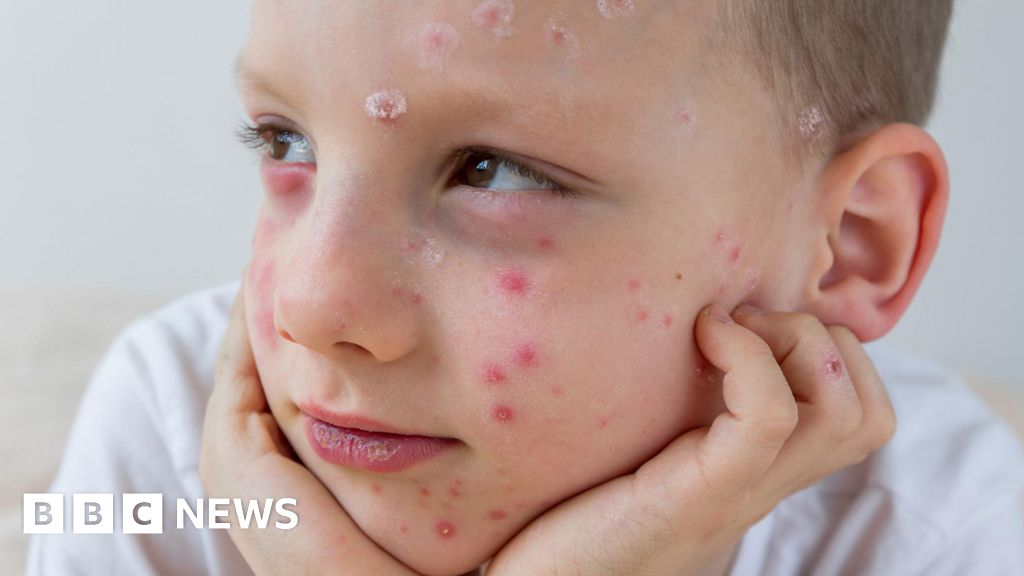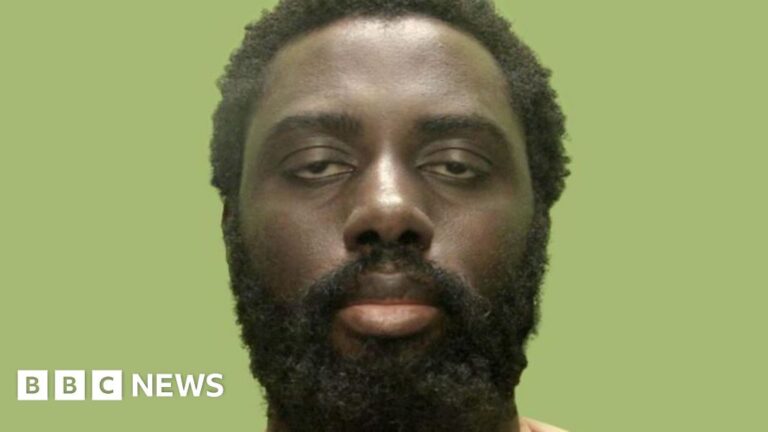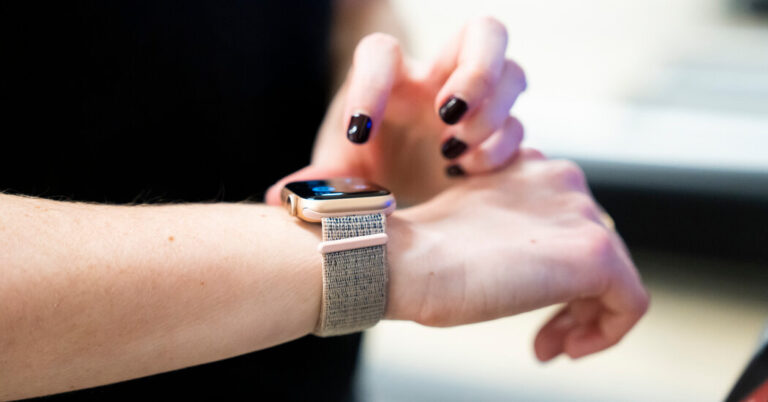Young children in the UK will soon be offered a free chickenpox vaccine on the NHS. It will be added to the list of standard childhood vaccinations from January 2026, and there will be a catch-up programme for older children.
Chickenpox is a highly contagious disease caused by the varicella zoster virus. The virus is transmitted through direct contact between people, or through airborne droplets in coughs and sneezes. It is very easy to catch, especially if you’ve never had it before. While it mostly affects children, people of any age can get it.
The first symptoms include a fever, muscle aches and pains and generally feeling unwell. A couple of days later, an itchy, spotty rash appears. These red or pink dots can appear anywhere on the body, including inside the mouth. Some children might have only a few spots, but others can be covered from head to toe. The spots fill up with fluid and become blisters before crusting over to form scabs, which eventually drop off and clear up.
You are contagious and can spread chickenpox to other people from two days before the first spots develop until they have all formed scabs, which is usually five days after they first appear. Most cases in children are mild, although they will feel unwell and will need to miss school or nursery for several days. Some children will go on to develop complications. In rare cases, chickenpox can cause a swelling of the brain, an inflammation of the lungs, and stroke, which can result in hospitalization and – very rarely – death.
Chickenpox is often more serious in very young infants and adults. It can be dangerous in pregnancy, causing complications in both the mother and the baby. You can already get the chickenpox vaccine privately in the UK, at a cost of up to £200. But experts say adding the varicella vaccine to the official NHS childhood immunization programme will dramatically reduce the number of people who catch chickenpox, leading to far fewer serious cases.
The vaccine doesn’t guarantee lifetime immunity, but it does greatly reduce the risk of someone developing chickenpox or having a bad case. Serious side effects, such as a severe allergic reaction, are very rare. From January 2026, children will be automatically offered two doses at 12 and 18 months of age. They will get the combined MMRV vaccine, which protects against measles, mumps, rubella, and varicella.
It is a live vaccine which means it contains a weakened version of the chickenpox virus. As such, it is not recommended for those with a compromised immune system because of an illness like HIV or as a result of treatment such as chemotherapy. The move will bring the UK into line with other countries which already offer routine varicella vaccination, including Germany, Canada, Australia, and the US.
Shingles is an extremely painful condition that can develop years after a chickenpox infection. That is because when people get chickenpox, the virus stays in the body and can be reactivated later, which causes shingles. This might happen, for example, if your immune system is weakened because of stress, certain conditions, or treatments like chemotherapy. For many, it’s a painful skin rash – usually on the chest or abdomen – on one side of the body. Medicine can help to speed up recovery and avoid longer-lasting problems.
A shingles vaccine is available on the NHS for people who turned 65 on or after 1 September 2023, people aged 70 to 79 who have not yet been vaccinated, and people aged 50+ with a severely weakened immune system. You can get shingles more than once, so it’s essential to get vaccinated even if you’ve had shingles before. If you get shingles after being vaccinated, the symptoms can be much milder.
Source link




